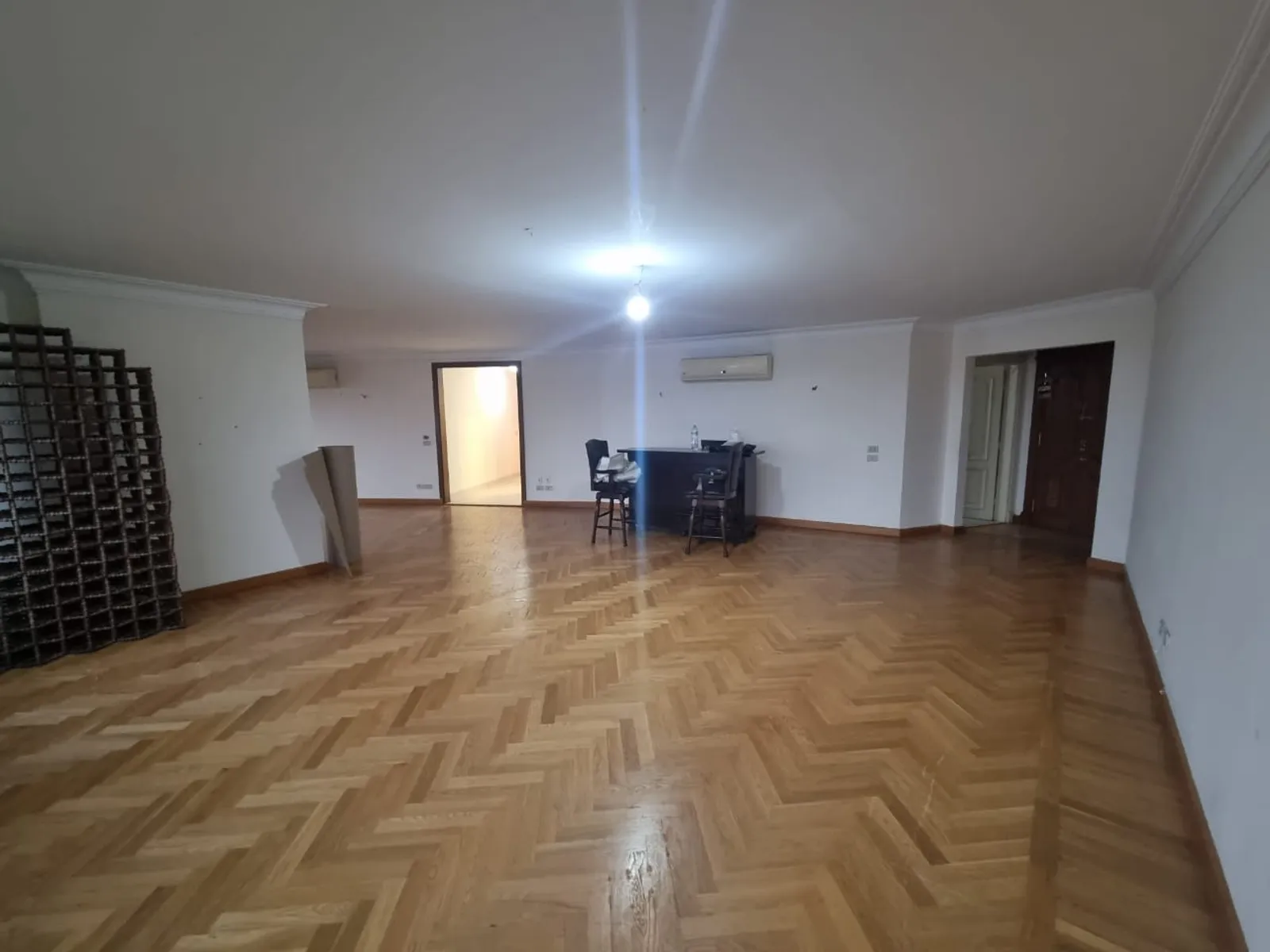THE LEGAL IMPLICATIONS OF ENTERING AN APARTMENT AGREEMENT
Renting an Apartment|7.4 MIN READ|Updated on: 02 May 2024|Written by: Marwa Samir
When entering an apartment agreement, it is essential to understand the legal implications of the contract. Apartment agreements often have specific provisions that tenants need to follow, including rent payment deadlines and property maintenance responsibilities. Failure to comply with these terms could result in penalties or eviction.
Additionally, apartment agreements may include clauses that limit tenant rights, such as restrictions on pets or visitors. It is crucial to read and understand all provisions before signing a lease agreement fully. Tenants should also be aware of their rights under state and federal laws, such as protections against discrimination or retaliation for filing complaints.
In case of any disputes with the landlord or property management company, tenants can seek legal remedies through small claims court or hiring an attorney. Understanding the legal implications of an apartment agreement can protect tenants from potential issues down the road and ensure a positive living experience.
What is an Apartment Agreement?
An apartment agreement is a legally binding contract that outlines the terms and conditions of renting an apartment. It sets out the obligations of both the tenant and landlord, including rent payment, security deposit, maintenance responsibilities, and termination procedures. By signing an apartment agreement, tenants agree to abide by all of these rules and regulations during their tenancy.
Failure to comply with any of the terms stated in the agreement can result in legal action being taken against either party. Therefore, it is important for tenants to carefully review all aspects of their apartment agreement before signing it. Some agreements may contain clauses that restrict certain activities or limit the number of occupants allowed in the unit.
It is also recommended that tenants seek legal advice before entering into any rental agreements as some clauses may be illegal or unenforceable under local laws. Overall, understanding an apartment agreement can help ensure a smooth tenancy experience for both landlords and tenants alike.
Tenant Rights and Responsibilities
As a tenant, it's important to be aware of your legal rights and responsibilities before entering into an apartment agreement. The first step is to read the lease agreement carefully and understand its terms. This will help you avoid any misunderstandings with your landlord in the future.
Tenants have the right to live in a safe and habitable environment. If there are any issues with the apartment that make it uninhabitable, such as mold or pest infestations, the landlord is responsible for fixing them promptly. Tenants also have the right to privacy, which means their landlords cannot enter their apartments without giving prior notice or a valid reason.
At the same time, tenants also have certain responsibilities they need to fulfill. They are required to pay rent on time and maintain the cleanliness of their apartments. Any damage caused by tenants must be repaired at their own expense unless it was caused by natural wear and tear. It's important for tenants to keep communication lines open with their landlords and report any issues as soon as possible so they can be resolved quickly.
Landlord Responsibilities & Obligations
Landlord obligations and responsibilities are crucial to ensure tenants are safe and secure in their rented property. One of the landlord's primary duties is to maintain the apartment's habitability, ensuring it meets safety and health standards. The landlord must provide basic necessities like running water, heat, electricity, and a roof that doesn't leak. They must also keep common areas like hallways clean.
Another significant responsibility is to respect tenant privacy rights. Unless there are emergency circumstances or with written permission from the tenant, landlords should not enter the rented property without giving reasonable notice. In addition to this, landlords have a duty to protect tenants' security deposits by keeping them separate from personal accounts.
Landlords must also abide by specific legal requirements when entering into an apartment agreement with a tenant. These include adhering to federal housing laws against discrimination based on race, sex, religion or nationality in choosing who they rent their property out to. They should also provide rental agreements with clear terms outlining payment schedules and maintenance responsibilities. Failure by landlords in any of these regards could result in legal penalties for breach of contract or even eviction proceedings initiated by tenants feeling aggrieved or mistreated under their lease agreement.
Potential Legal Issues
One of the most significant legal issues that come with entering an apartment agreement is understanding your rights as a tenant. The first issue you need to understand is the lease itself, which outlines the terms and conditions of your stay. It includes the rental amount, payment schedule, security deposits, and any penalties for late payments. Additionally, it will outline what repairs are required by both you and the landlord.
Another potential legal issue that may arise is maintenance problems. It's essential to ensure that you report any maintenance issues promptly as they occur to avoid any liability down the line. If a repair problem exists before moving in and was not mentioned in advance by either party involved in the agreement, this could lead to disputes over who should pay for it.
Eviction can be a significant concern when signing an apartment agreement. If you do not comply with certain terms outlined in your lease or commit serious violations such as damaging property or engaging in illegal activities on-site, your landlord has every right to legally evict you from their property. It's crucial that you carefully read through all aspects of your lease agreement so that there are no misunderstandings or misinterpretations regarding what is expected of both parties involved in this transaction.
Understanding the Law
When entering into an apartment agreement, there are a number of legal implications to consider. First and foremost, it is important to understand your rights as a tenant. Landlords have certain responsibilities under the law, such as providing you with a safe and habitable living environment. They are also required to maintain the property in good repair and address any problems that may arise.
It is equally important to understand your obligations as a tenant. This includes paying rent on time, keeping the apartment clean and tidy, and avoiding damage to the property. Failure to meet these obligations could result in legal action being taken against you by the landlord.
It is important to carefully review the terms of your agreement before signing anything. Make sure that you fully understand what you are agreeing to before committing yourself legally. If there are any terms or conditions that you do not agree with or do not fully understand, seek legal advice before proceeding. By taking these steps and understanding your legal rights and responsibilities as a tenant, you can ensure that your apartment living experience is positive and stress-free.
Advice for Tenants and Landlords
When entering into a rental agreement, both tenants and landlords should understand the legal implications that come with it. First and foremost, the rental agreement is a legally binding contract between the landlord and tenant. This means that both parties are obligated to fulfill their agreed-upon responsibilities outlined in the contract for the duration of the lease.
Tenants should be aware that they have certain rights under local and state laws. These rights may include access to safe living conditions, timely repairs for any damages or issues with the property, and privacy protections. It is important for tenants to thoroughly read through their lease agreement before signing it so they fully understand their rights as well as any potential consequences if they violate any terms of the contract.
Landlords also have legal obligations when renting out their property. This includes providing safe living conditions for tenants, maintaining common areas such as hallways and entryways, and responding promptly to repair requests from tenants. Landlords must also abide by local laws regarding security deposits, rent increases, eviction processes, and discrimination against protected classes of people.
Understanding the legal implications of entering into a rental agreement can help both landlords and tenants avoid potential conflicts down the line. By knowing their respective rights and obligations under local laws, both parties can ensure a smooth tenancy experience without any legal complications arising during or at the end of a lease term.
Conclusion
In conclusion, entering into an apartment agreement is a serious legal commitment that should not be taken lightly. Tenants should always take the time to read and fully understand all of the terms and conditions of their lease before signing it. Failure to do so could lead to legal consequences down the road.
Furthermore, tenants should be aware of their rights when it comes to renting an apartment. This includes knowing what landlords can and cannot do in terms of rent increases, security deposits, and maintenance responsibilities. It is also important for tenants to know how to properly communicate any issues or concerns they may have with their landlord in order to avoid potential legal disputes.
Overall, renting an apartment can be a great experience if approached with caution and attention to detail. By understanding the legal implications of entering into an apartment agreement, tenants can protect themselves from any potential legal issues that may arise during their tenancy.










